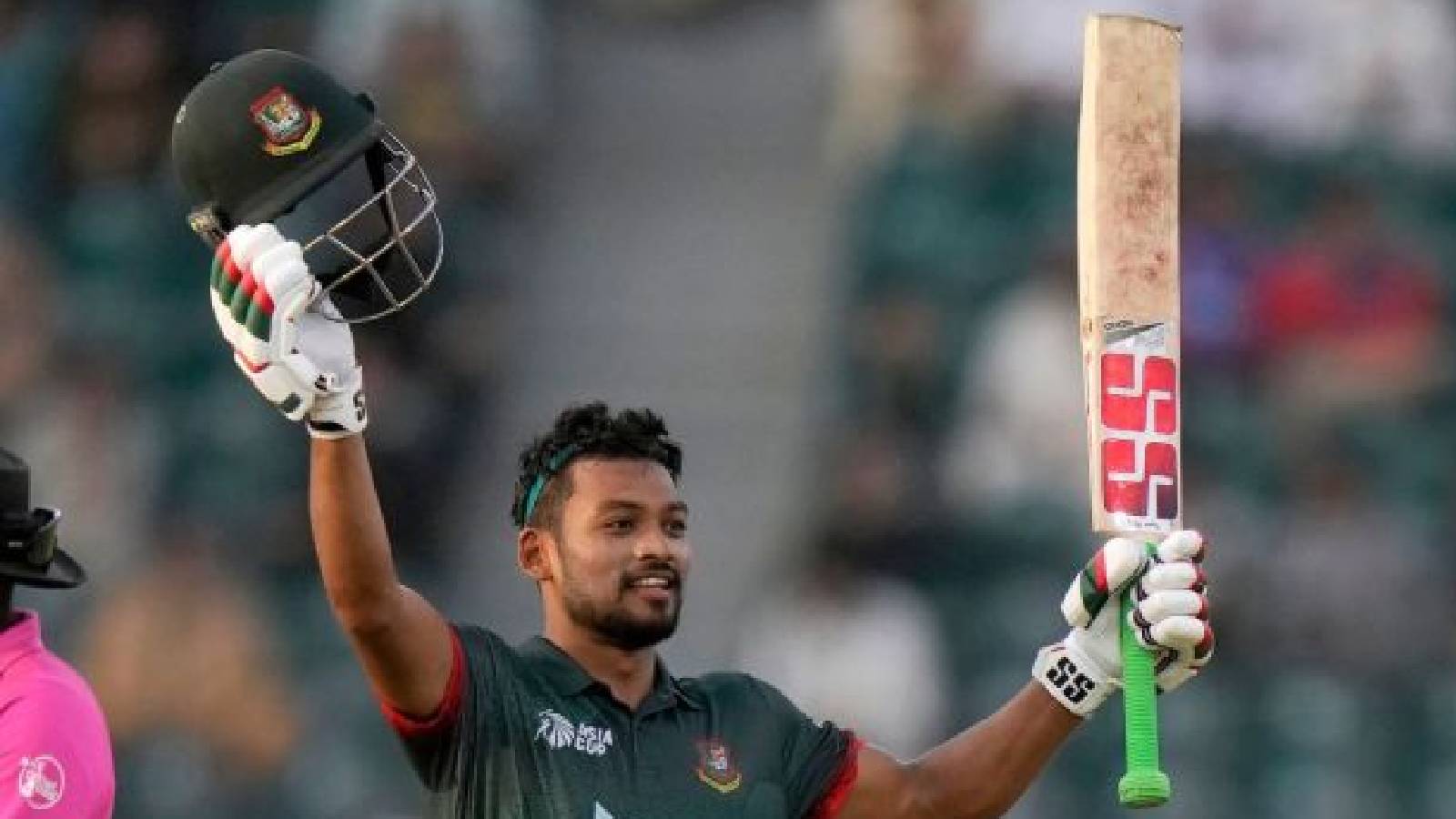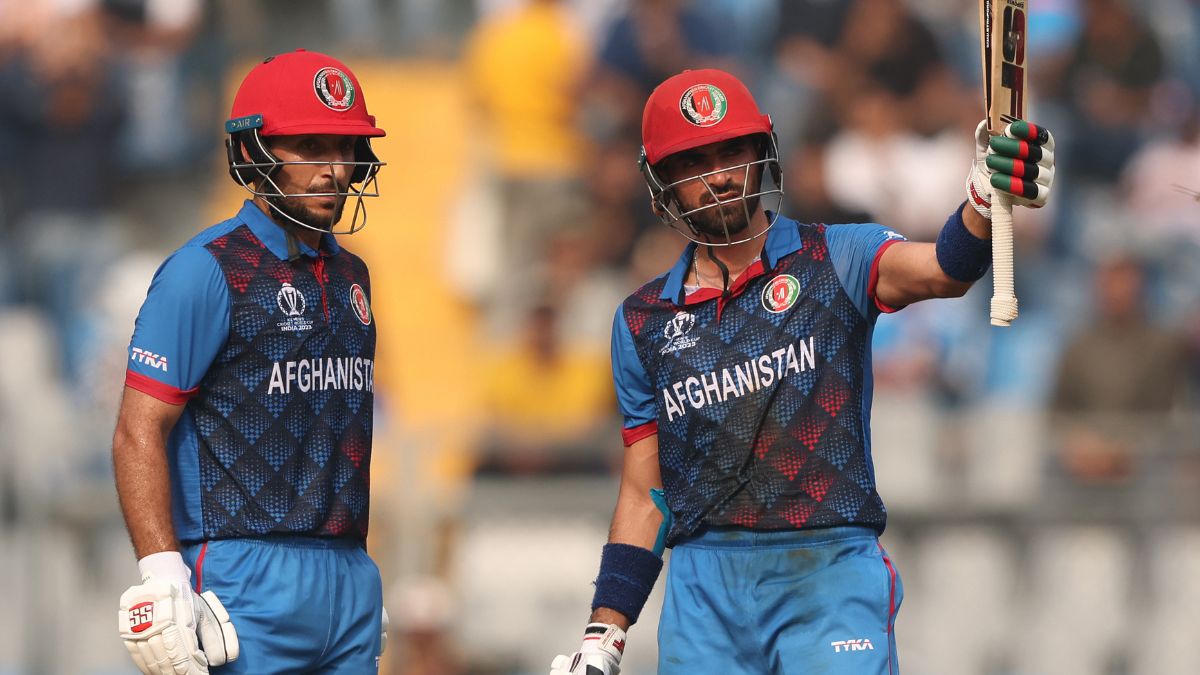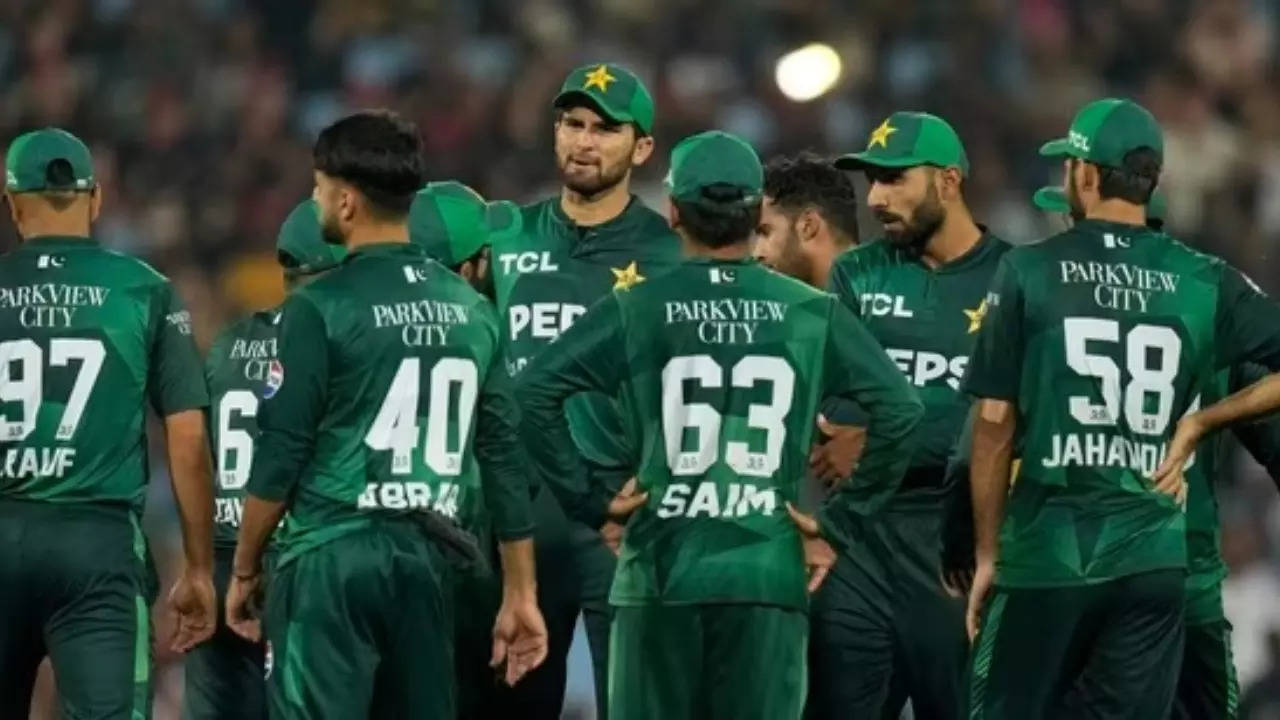Good governance webinars conclude successfully
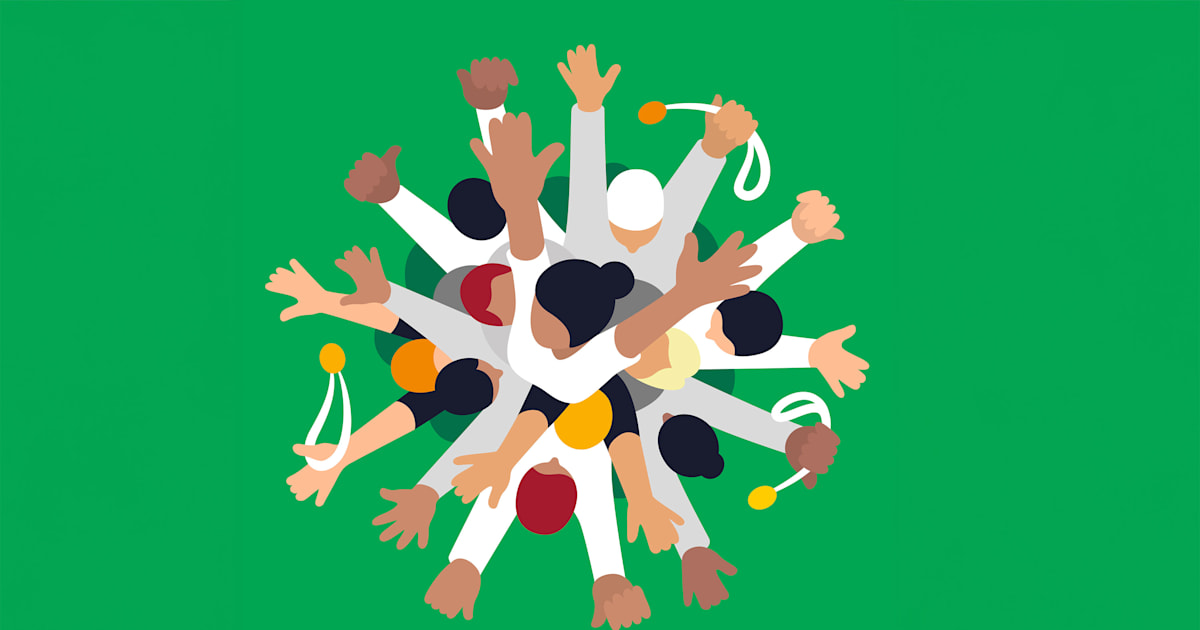
IOC Deputy Chief Ethics and Compliance Officer Giuseppe Deleonardis opened the session, emphasising that development and solidarity are at the core of the business models of responsible sports organisations.IOC Ethics, Compliance & Governance Manager Camila Tort proceeded to highlight specific recommendations related to this dimension and gave practical examples of how to implement them. Angela Rianto, Head of Finance and Operations from Olympic Solidarity, also explained how her department monitors its use of funds.Learning from each otherPresentations by the International Cricket Council (ICC) and the World Squash Federation (WSF) showed that there is already a lot of best practice available from which other organisations can learn.William Glenwright, the ICC’s General Manager for Development, provided an overview of the ICC’s priorities in the development of cricket and on how it ensures that development funds are distributed in a transparent manner. Julie Marks, who serves on WSF’s Sustainability Task Group, explained the development and implementation of the federation’s Environmental Sustainability Strategy 2023-2030 and its Climate Action Plan. Saurav Ghosal, Co-Chair of the WSF Athletes’ Commission, was also present to offer an athlete’s perspective on the importance of sustainability initiatives.After these presentations, the webinar participants engaged in a role play exercise on implementing integrity awareness and education programmes.As a result of the positive feedback received on this year’s webinars, discussions are now underway to implement a similar webinar series in 2025 targeted at a wider audience. Watch this space!


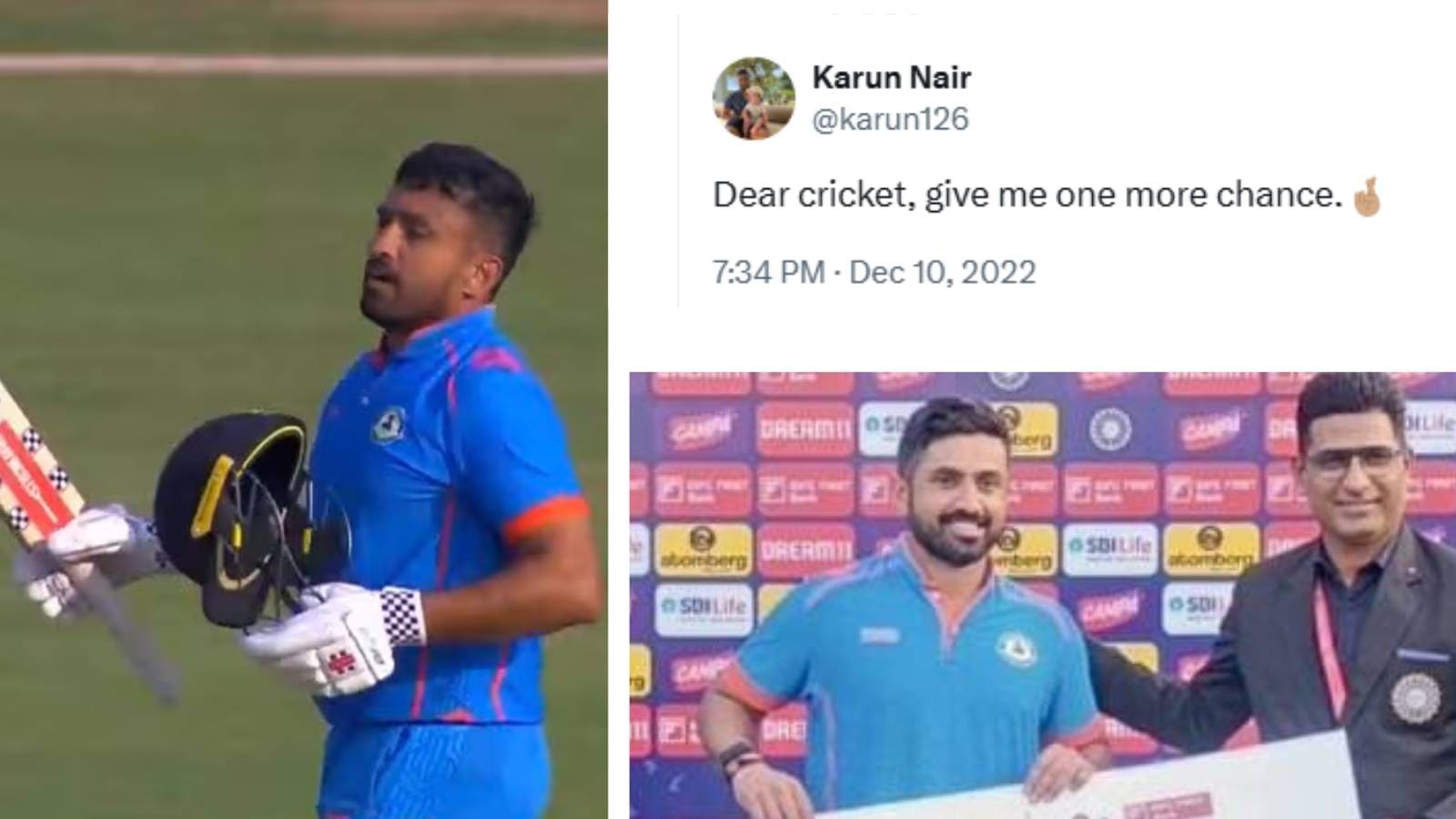
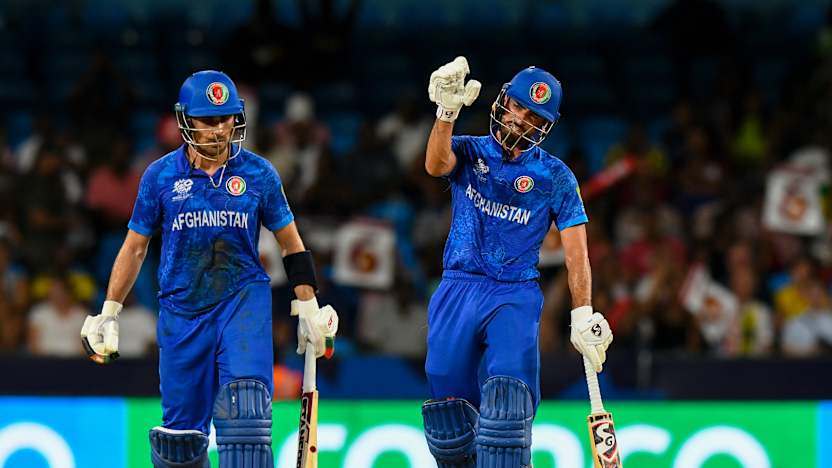
.jpg)


